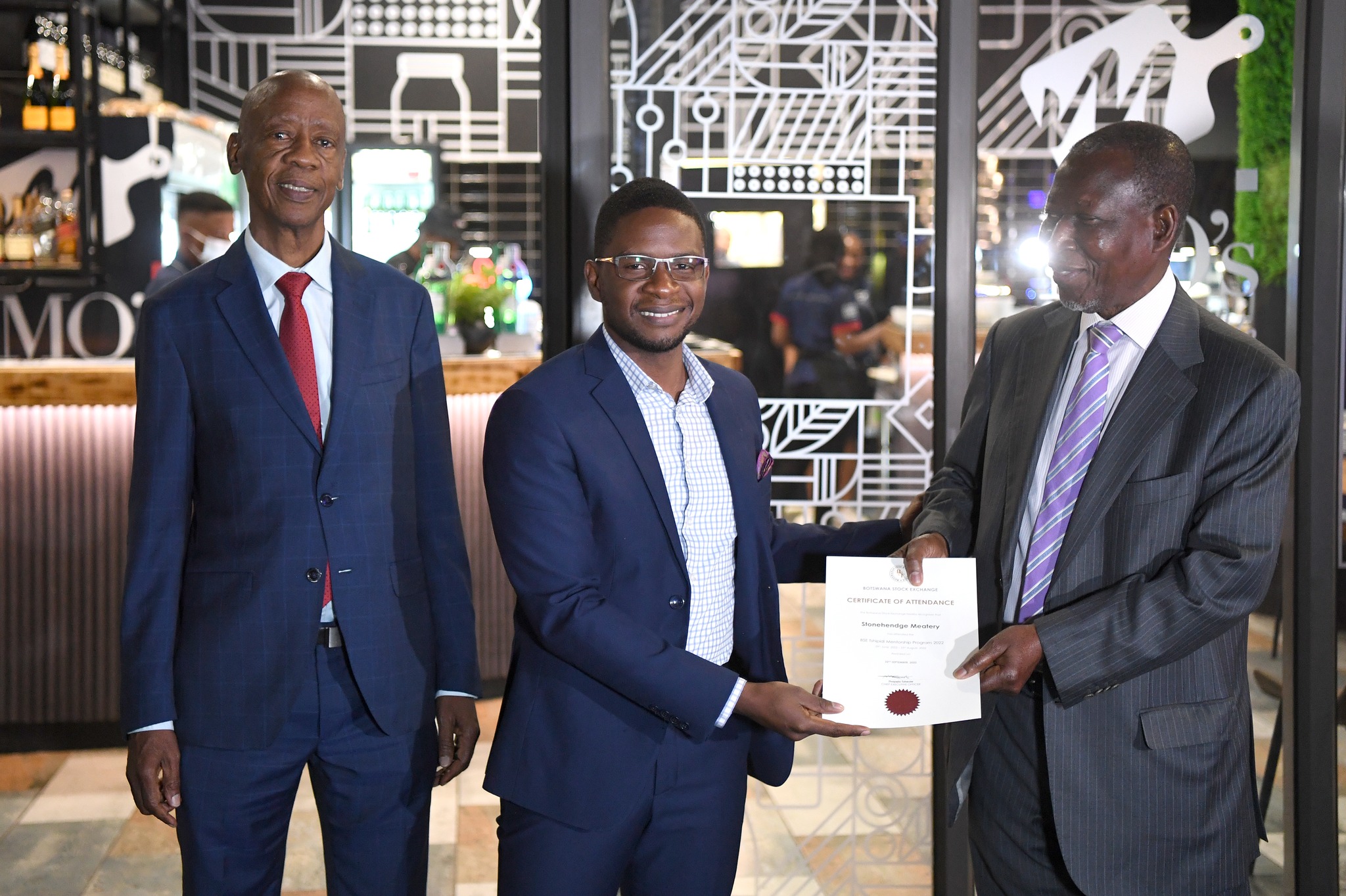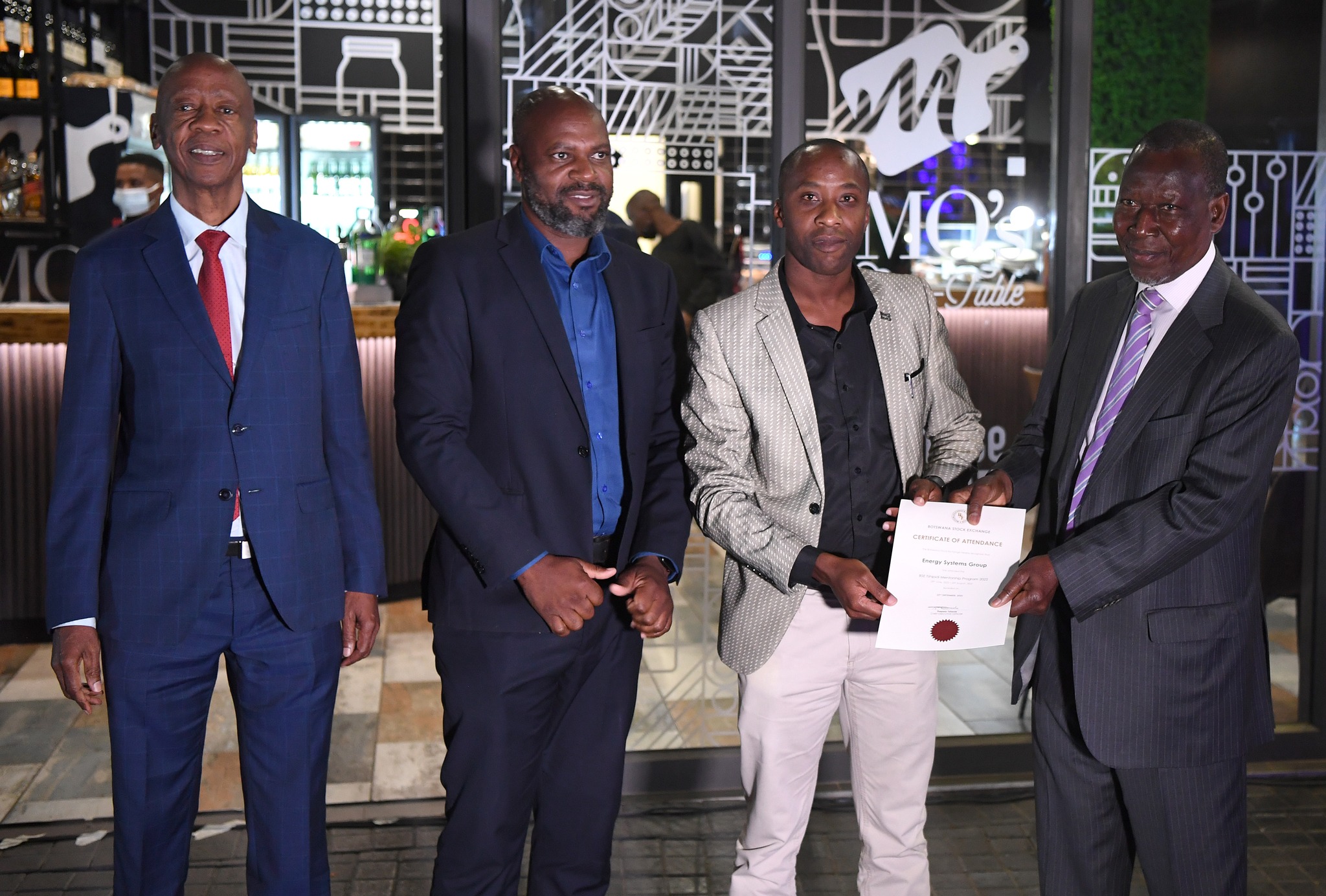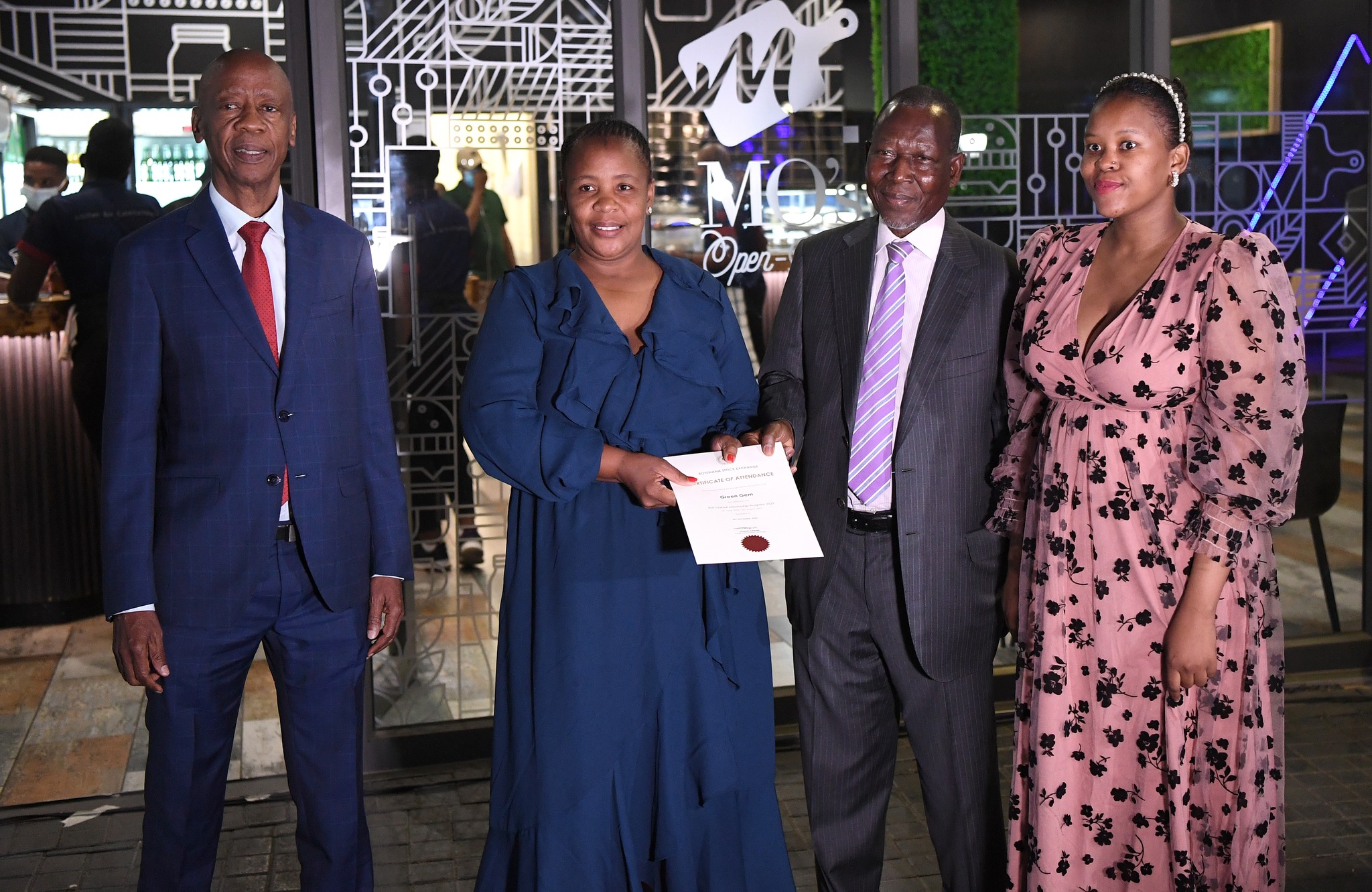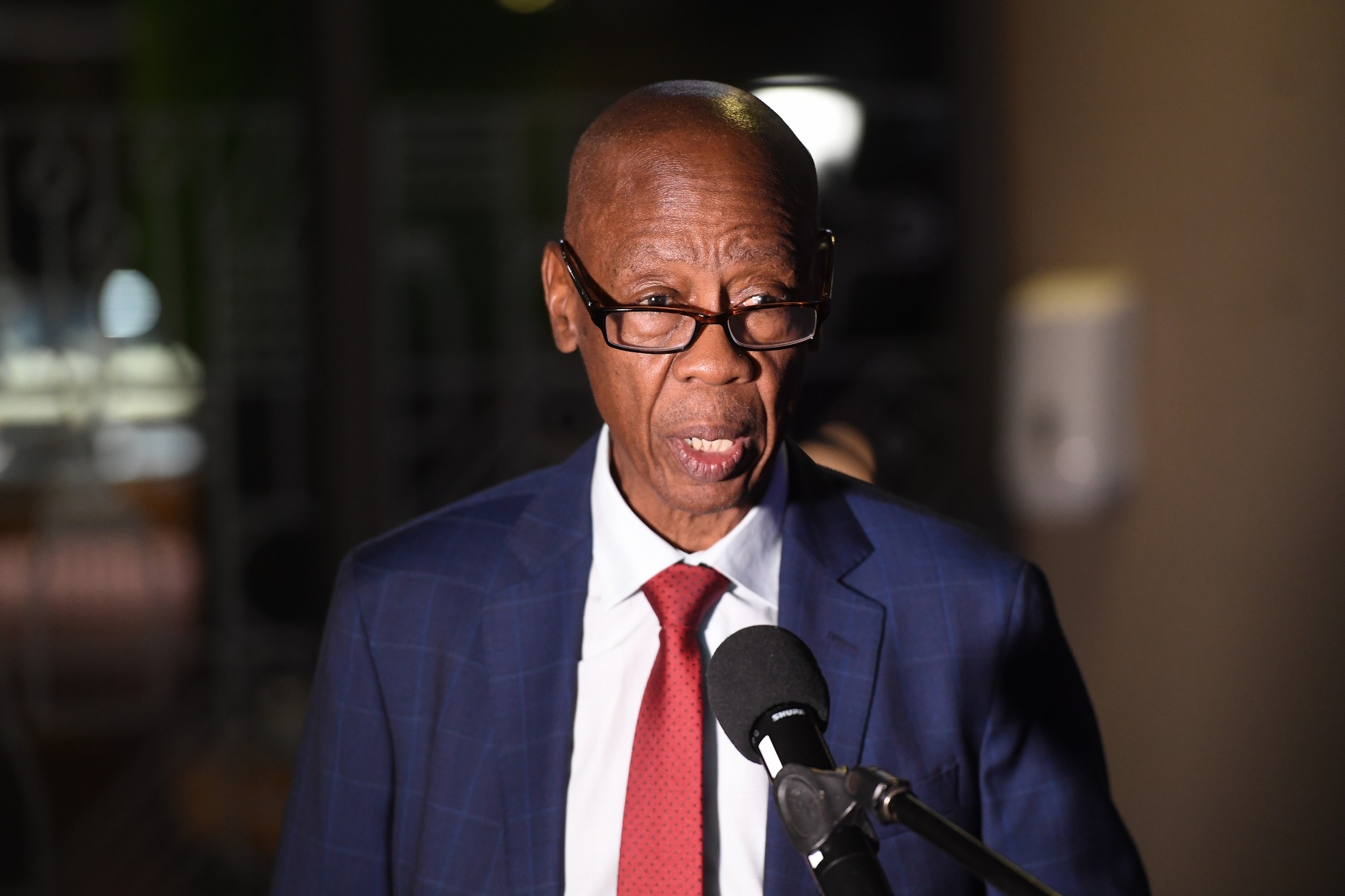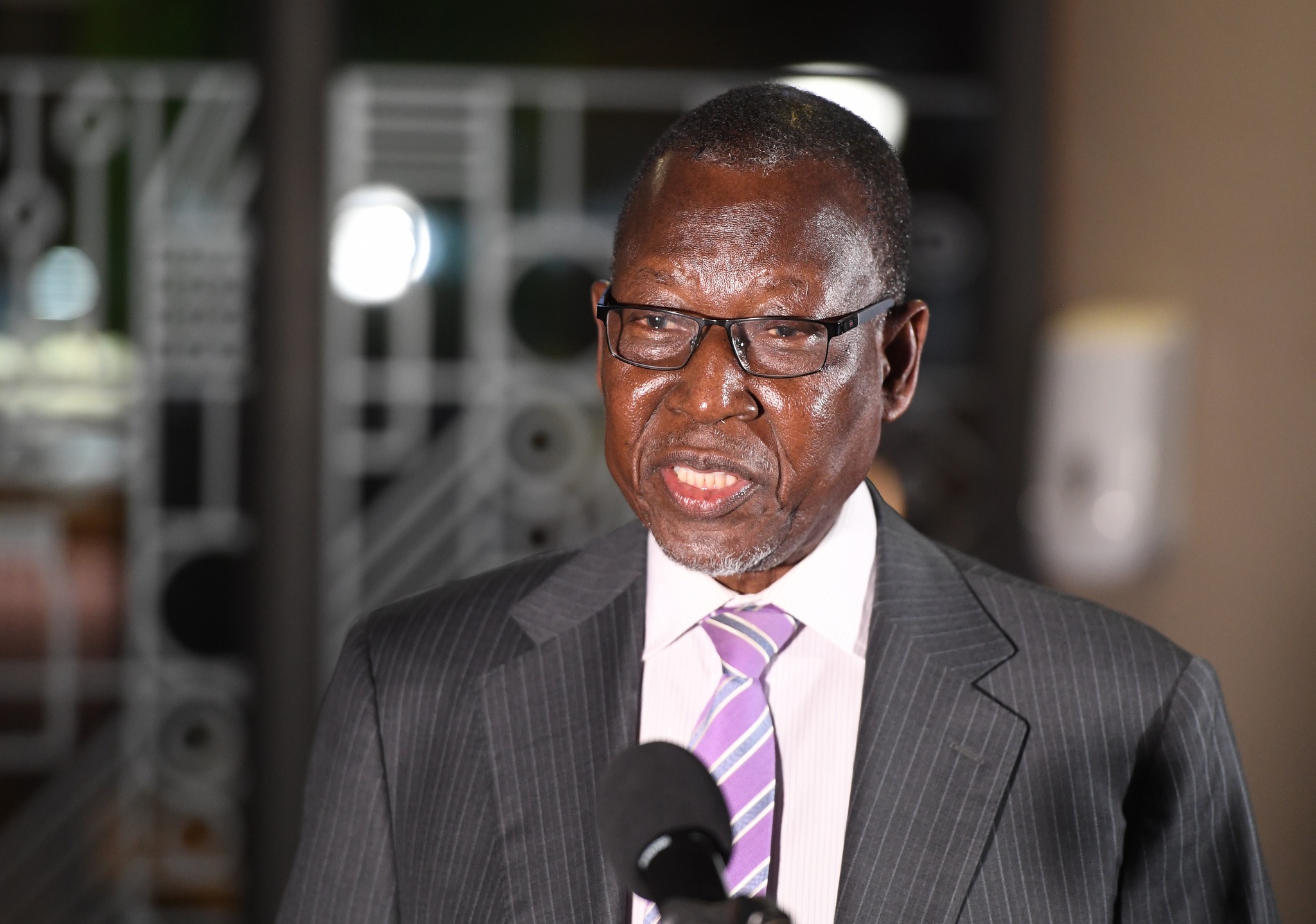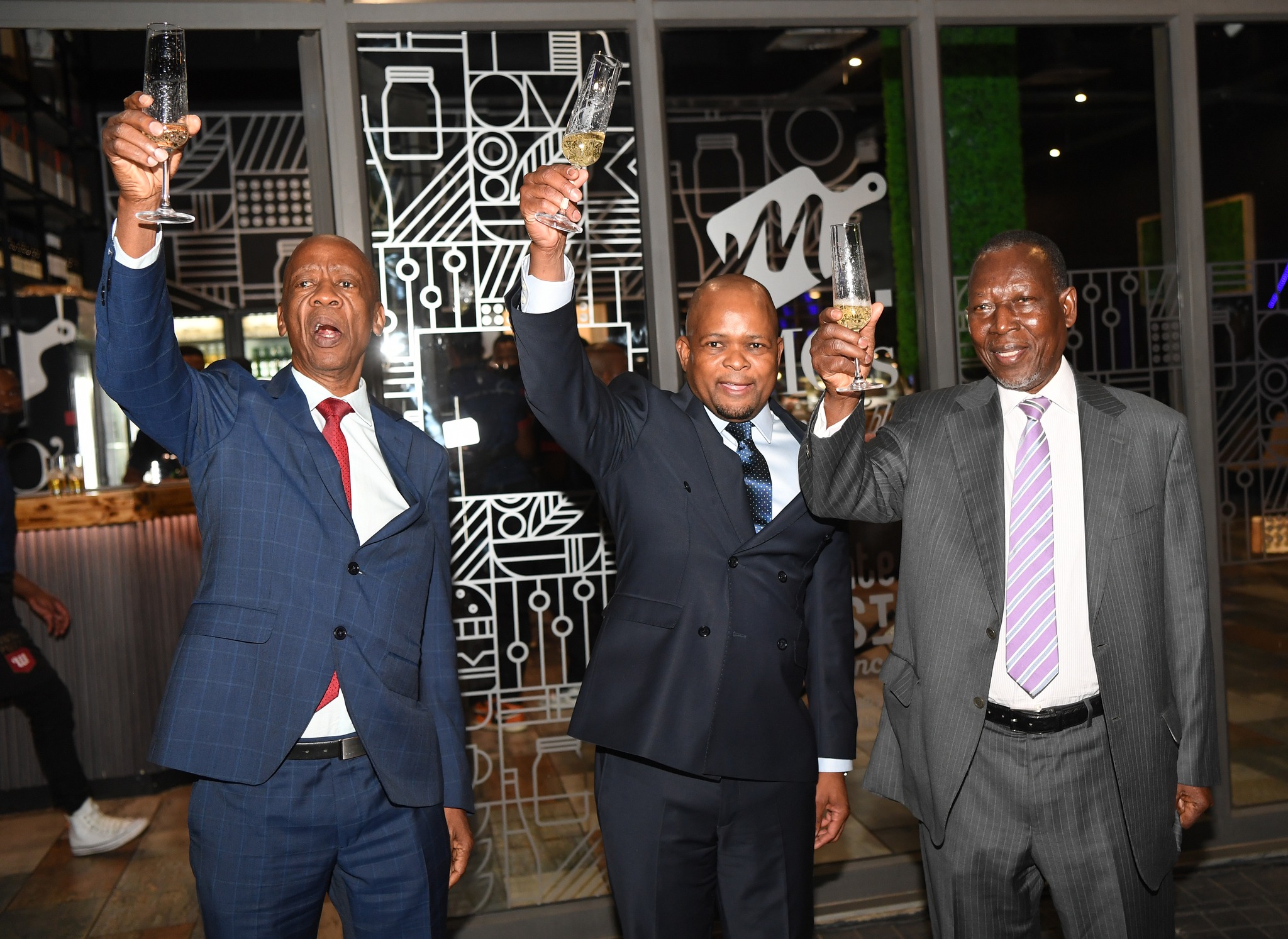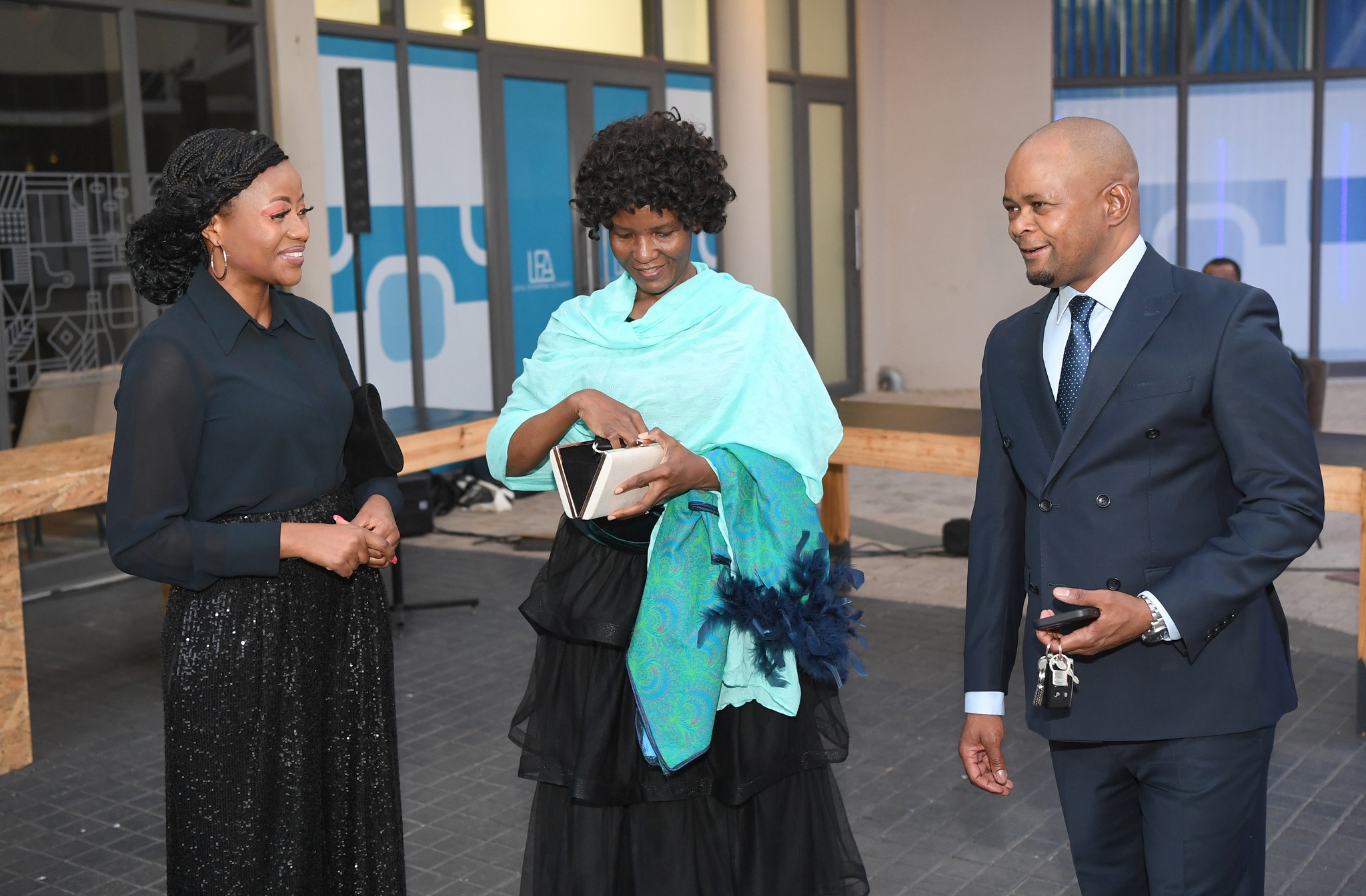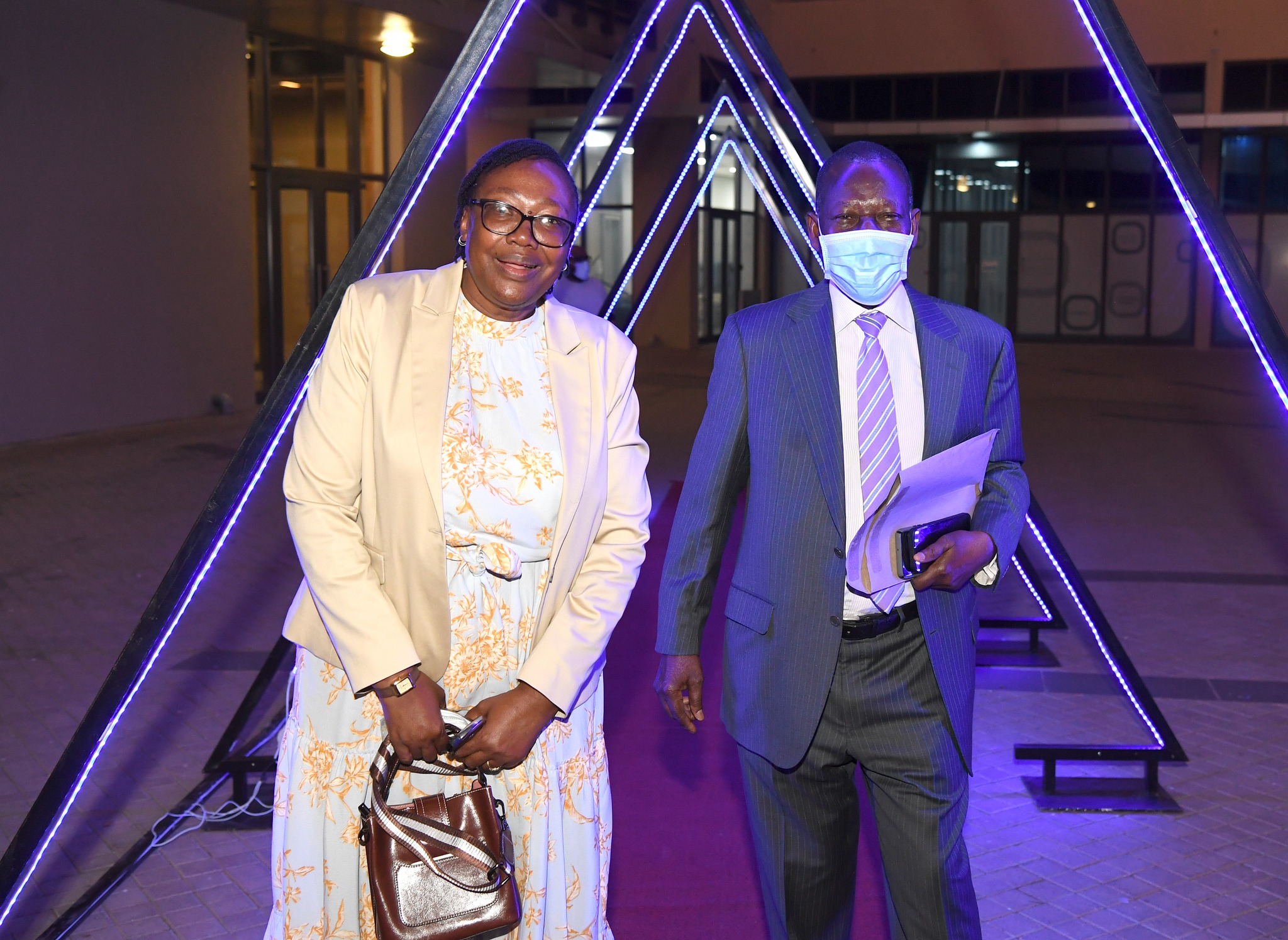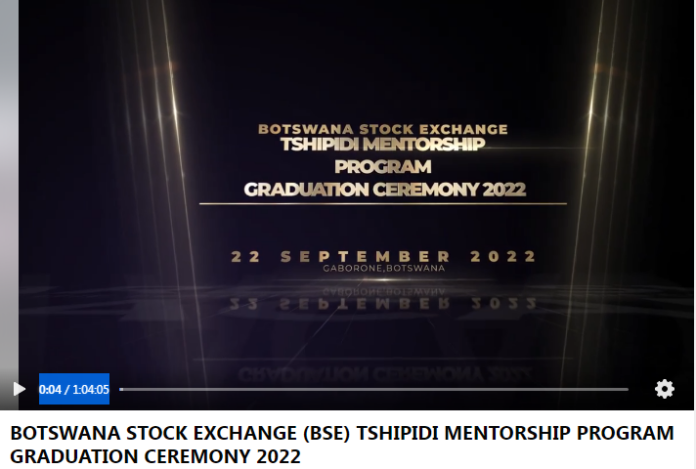22nd September 2022
Own Correspondent
The lack of access to sustainable finance for SME’s operating in Botswana has undermined the growth of the private sector and created opportunities for value adding partnerships.
“As such, as the BSE, we have it taken upon ourselves to bridge the gap and educate the private sector on the listings value proposition through numerous market development initiatives over the years. These include our Annual Listings and Investment Conference, annual Open Days, Listings Refresher Workshops, one-on-one presentations with prospective issuers, educational webinars development of educational brochures, radio and social media,” said Tebogo Masire, Chairperson of the Botswana Stock Exzchange(BSE).
He said, “However, in our bid to attact prospective issuers to the market, we also noted with concern, a number of SMEs that indicated their dismay at the potential costs of listing. These issues, having been diagnosed by the Exchange, were attritubed to a lack of corporatization exhibited by our SMEs.”
Maisre revealed this is compounded by the total costs of listing which is inflated by the pre-listing work. This relates particularly to the work that goes into the “preparation” and “corporatization” of a company ahead of submitting a listing application to the BSE.
As such, if more companies within our private sector are able to operate as corporates, then the costs of advisory associated with corporatization would be substantially lower. This challenge led the Botswana Stock Exchange(BSE) took a strategic decision to establish the Tshipidi Mentorship Program in 2019.
“We introduced this Program as a way of grooming companies that could potentially raise capital, improve governance and leverage from the BSE as a springboard for growth. The objective of the Program is to provide practical training through a comprehensive and interactive program that covers the key themes necessary to prepare and position a company to list on the BSE,” said Masire.
He said, “This training is offered by industry experts (advisors in the listings ecosystem) with regards to key elements of corporatization, capital structure, financial reporting, commercial law, listing requirements and corporate governance.”
According to officials the Tshipidi Mentorship Program is conducted over a three (3) months period, with each month allocated a single day of facilitation. For enrolment, we require a comprehensive company profile, certificate of incorporation & a motivating letter. Each submission is assessed by our team and feedback is relayed within a stipulated time period before the first Session of the Program.
During this year’s cohort, the BSE admitted twenty (20) companies from a wide range of sectors that include pharmaceutical services, manufacturing, retail, ICT, energy, agriculture, logistics, construction, financial services, etc. Their names are as follows;
- 808 Renic – Interior Design
- Biowatt Botswana – Energy
- Botscrest Holdings – Manufacturing
- Braintec Cleaning Services – Cleaning Services
- Colour Block – Construction
- Croma Civil & Engineering – Engineering
- Energy Systems Group – Energy
- FM Logistics – Logistics
- Green Gem – Landscaping
- Kalafhi Phamaceutical – Pharmaceutical
- Lion Tutoring – Education
- Solar – Education
- Mummycare Babysitters – Child Welfare
- Payless Retail – Retail
- Smart Plan Blueprint – ICT
- Stonehendge – Agriculture
- Storkfort Health – Medical
- Tsa Gae – Clothing
- Visual Poem – Arts
- Woodcraft Shopfitters Botswana – Interior Design
This year the following institutions parterned with the BSE to deliver this year’s Program. These are;
- Rand Merchant Bank
- Botswana Accountacy Oversight Authority
- KPMG
- Desai Law Group
- Imara Capital Securities
- Inkunzi Investments
- African Alliance
- Vunani Fund Managers
- Ipro Botswana
To date, BSE has hosted a total of forty-seven (47) companies. In 2019, we had (16) companies ,while in 2021, we had eleven (11) companies.
Access to capital in Botswana remains a challenge as this constraint has plagued many enterprises in pursuing their strategic objectives to grow and contribute towards Botswana’s economy.
It is with this in mind that we emphasize the role that the BSE plays and how is endeavoursto act as an avenue for companies to raise capital for development.
Traditionally, access to financing has been dominated by commercial banks, which are the major suppliers of credit to households and private businesses in Botswana.
While much of the focus, is on enhancing lending to SMEs, there is growing emphasis on the need to diversify the range of financing options available to SMEs, and consequently the potential role of capital markets in SME financing.
Avenues like the stock exchange have not been fully utilised as there remains an opportunity for access to equity market finance. In addition to financial constraints, one of the key challenges facing SME’s in Botswana today is the lack of ‘corporatization’ on various levels.
“Corporatization’ entails ensuring that all the contracts that a company is party to are on commercial terms and on arm’s length basis as well as setting up requisite corporate governance structures,” said Charles Tibone, Former Minister and Guest of Honour at the Graduation ceremony.
He said, “Without adopting best business practise, SMEs in Botswana are at a risk of failing or never growing beyond SME status due to business processes inefficiencies, lack of transparency which may prohibit investor participation, limited execution of company strategy due to lack of oversight from governances’ structures, and so forth. Hence this is one (1) of the major issues which the Tshipidi Mentorship Program was birthed to address.”
Tibone maintained that as an active participant in this market, he has witnessed the evolution of the Exchange from being an informal market in 1989 to being one (1) of the largest exchanges in the Sub-Saharan region in terms of diverse number of products, market cap, diverse investor-base, technological advancements and of course, recognition from the international business community.
Tibone said, “I trust that Government will continue to assist institutions like the BSE in creating a conducive environment for the growth of the private sector and SMEs in Botswana through policy reforms and continuous facilitation of SME-driven programs. The prosperity of our future starts with the ground work we lay today. Let us keep the same momentum.”

